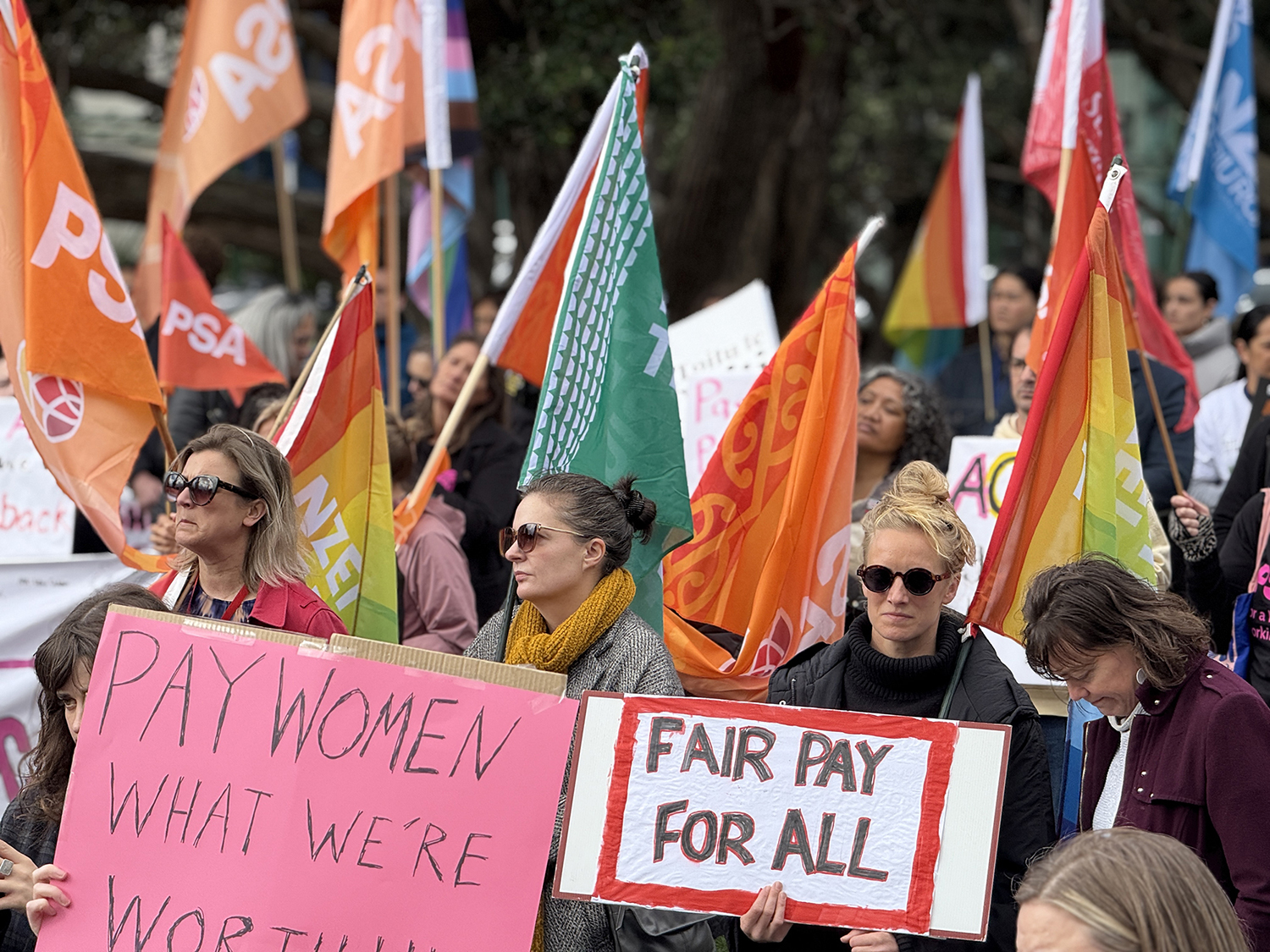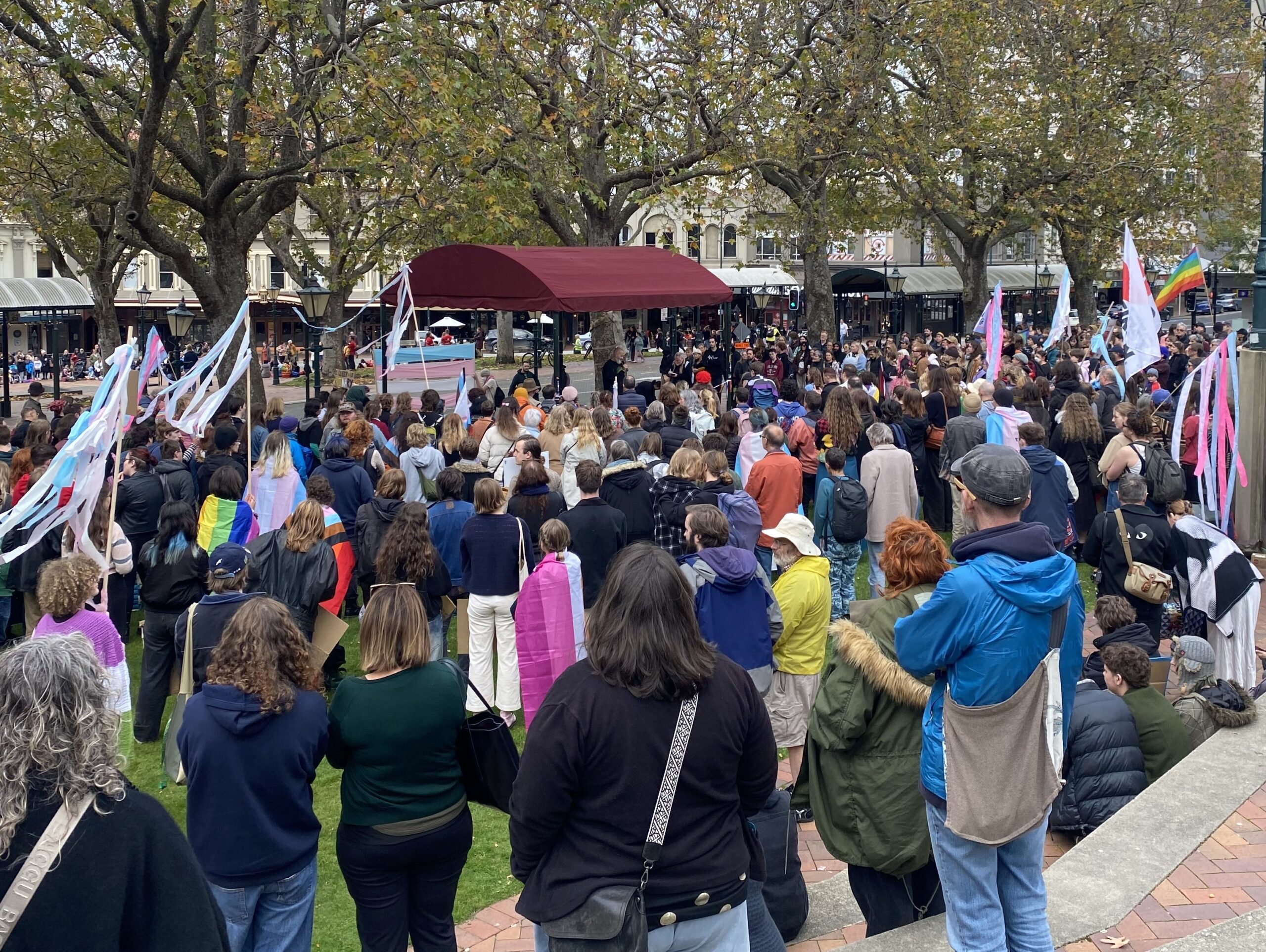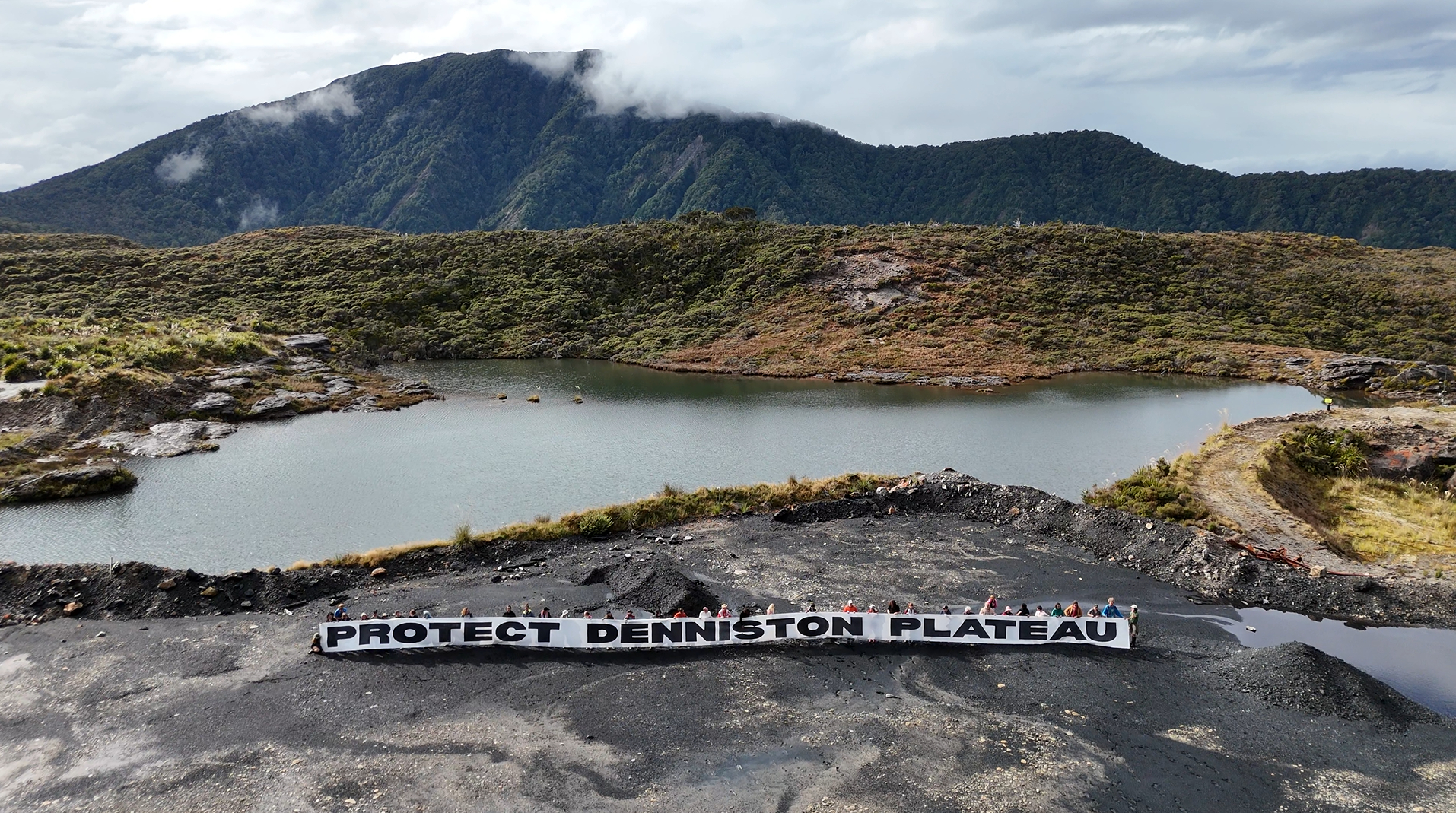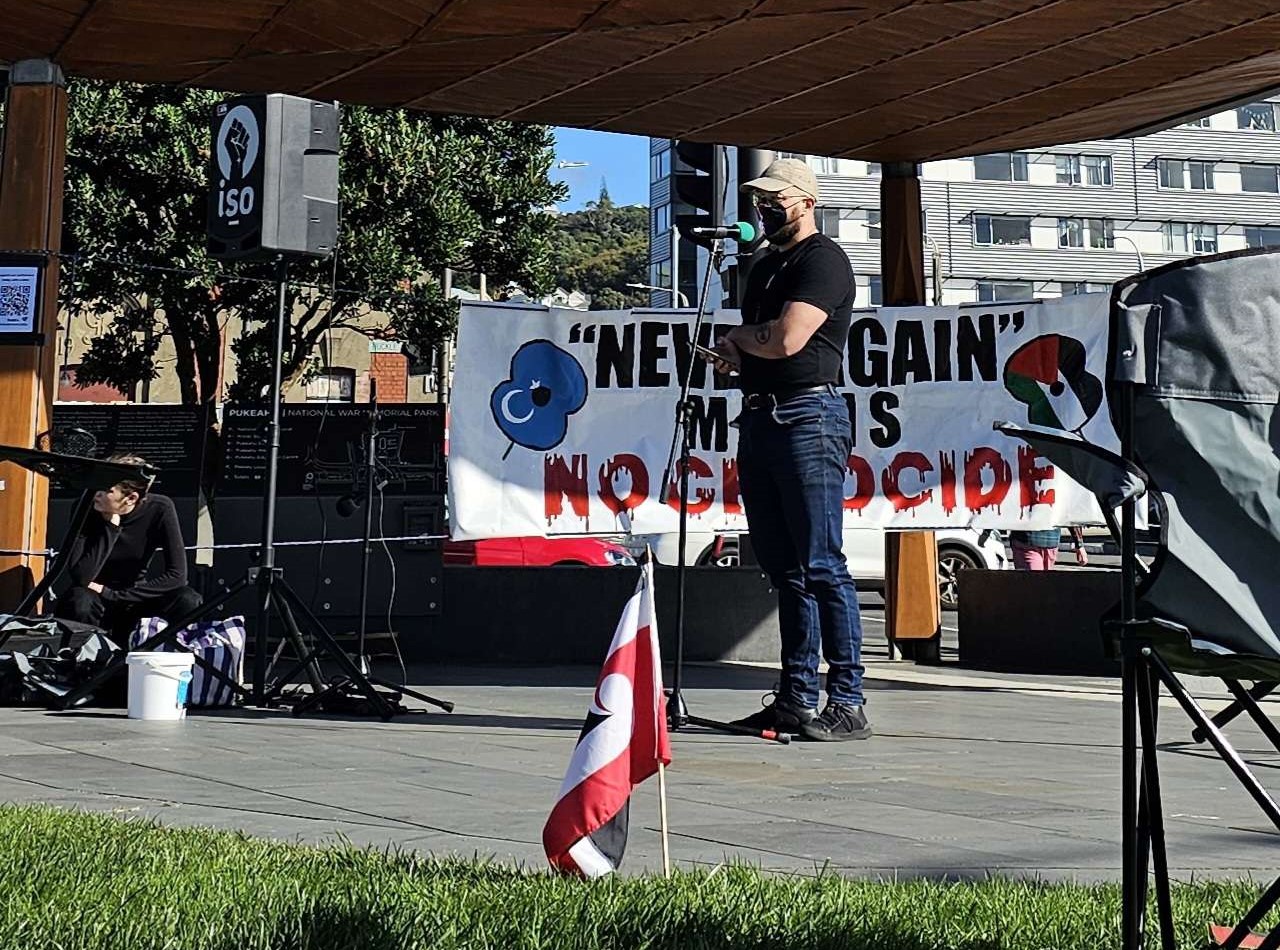Today the Ardern government formally declared the State of National Emergency and the Epidemic Notice that we were told to expect as we enter the Level 4 lockdown. The government will have the powers to use the police and the armed forces to enforce the lockdown. Parliament has been adjourned for nearly five weeks. In the interim a special cross-party committee will scrutinise the government’s handling of the emergency.
In an online meeting of the Pōneke branch of the ISO yesterday a point was made in passing on whether the suspension of Parliament, and the authoritarian powers the government were assuming, contained a danger that they may set an undemocratic precedent. There was no time to discuss that issue under the crowded agenda. The comrade that mentioned it did not say they had reservations on the government’s draconian action, but it is possible that some socialists may have. I wish to dispel any such reservations and make the point that the only foreseeable danger comes from right-wing pressure from businesses to relax or end the emergency measures too early, in regard to the health crisis.
Lockdown actions are being taken around the world. In Aotearoa it has been taken much earlier, epidemiologically, than in any other country and more comprehensively than in most. Action has been taken before anyone has died of COVID-19 in New Zealand or even admitted to an ICU. On those grounds the Ardern government can rightfully claim to being in advance of any other. For now, however, the Level 4 lockdown has given the country an opportunity to control the COVID-19 outbreak with relatively little loss of life, unlike in other countries where action is being taken far too late and where thousands will die as a result.
Authoritarian action in Aotearoa is fully justified to prevent loss of life. The question is whether socialists should have reservations. The suspension of Parliament should not trouble us. The New Zealand Parliament, as elsewhere, does not sit year round but has long suspensions anyway. Its primary function is to deal with legislation. The progress of legislation will be delayed – hardly an issue. Even normally there is limited ability for MPs to hold governments to account. They can ask questions of ministers who can cheerfully ignore any criticism. The only serious sanction occurs when a government has lost a parliamentary majority and is vulnerable to a vote of no confidence. That situation does not apply now as there is cross-party support for the emergency measures. In short, little democracy is lost by the adjournment, but if Parliament had not adjourned the wrong signal on self-isolation would have been sent to the public.
As for the lockdown rules, they would not be taken seriously if not enforced. There is a danger that there will be incidents of heavy-handedness by the police or military, and if so they should be condemned. But in these extraordinary circumstances the police and military are being called on to play a social role. Out of sheer necessity, to avoid catastrophe, the lockdown stops businesses from operating. The recalcitrant elements in the struggle for an effective lockdown are business people, like the owners of Warehouse, who try to wriggle out of it.
It is, of course, impossible to predict what the effects of the dual health and economic crisis will have on mass consciousness in Aotearoa in the long term. I cannot see that rightwing authoritarianism and militarism will be strengthened because state forces were roped in to help in the struggle against COVID-19. In fact, I should think that people will absorb from their observations of here and overseas that the neoliberal economics associated with rightwing politics had no part to play in the struggle, but only prepared the ground for the death toll by its destruction of public health services. People will note that the more right-wing and neoliberal the regime the greater the catastrophe. They will compare the record of the social-democratic Ardern government against the disasters under Trump, Bolsonaro and Johnson.
There are still big questions to be asked as to how the New Zealand state will respond to the economic crisis, both locally and internationally. Provisions for renters, mortgage holders and jobs seem to have been flouted by certain capitalists. The state, in all countries, is a capitalist state. But we are erroneously taught that the state equals socialism. Perhaps in a strange way an interest in socialism will come out of state action being marshaled to fight back against the killer virus. Abiding by the lockdown is an exercise in solidarity, in changing our behaviour to support those who might be more susceptible to COVID-19. Further examples of solidarity abound in those fighting for tenants and workers’ rights amid this crisis. It is obvious to us now who is essential to the functioning of society – those supermarket stockists and public services – and who are not, such as financiers and real estate agents. On the other side of this lockdown these lessons of solidarity will be felt keenly by much of New Zealand and we can hope that this will lead to us implementing changes for the betterment of our society.









